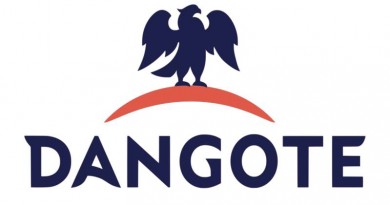COVID-19 Pandemic Worsens Harassment and Data Privacy Breaches By Mobile Money Lenders in Kenya, Report
Despite high interest rates, the allure of quick cash has made mobile money lenders a preferred credit facility for many Kenyans who still find themselves unable to access traditional banking services. Although consumers have raised concerns on methods used to secure debts from customers in the past, lenders in this industry have continued to harass defaulters and violate their consumer data rights. This is according to Ajua’s Quarter 1 2021 Customer Loyalty Industry Benchmark Report.
The report, which covered Customer Experience in 12 industries in Kenya revealed that mobile money lenders continue to flout data privacy policies to facilitate debt recovery, going as far as calling people’s contacts and posting about their debts on their customers’ social media profiles. This has been exacerbated by the COVID 19 pandemic which has led to low consumer spending and mass defaulting of loans. As a result, the majority of mobile money lenders have found it difficult to reap commercial benefits.
Speaking on the harassment they faced from a digital lender, one customer narrated to Ajua, “I was working with a private company before corona face three lockdown, they threatened to use my profile photosin my social media accountsto create a group to raise money for me, to take money in my Mpesa account by force.” Another disgruntled customer who shared their experience remarked,“Too many phone callsfrom their agents even before due date uncalled for penaltieslack of confidentiality-contacting your contact list to probe you to pay.”
Both of these instances go against Kenya’s Data Protection laws which were enacted in 2019. These laws are meant to prevent the misuse of personal data, strengthen individuals’ fundamental rights and prescribe penalties to enterprises that violate these consumer data rights. Ajua Data Protection officer, John Walubengo(MSc, BSc, CDPSE, CISA) was a member of the Data Protection Task Force (2018) that set the policies and the bill that later became the Data Protection Act (2019). John further expounds, “These laws enhance the rights of the consumers allowing them to exercise their rightsto ownership of the personal data that enterprises collect about them. Such rightsinclude but are not limited to the right to consents, right to be forgotten, right to data rectification, right to be informed of data breaches amongst others.”
On the other hand, some lenders were commended by customers for treating defaulters with dignity, one Mshwari customer shared, “Have experience great relief when I used Mshwari, I had financial problem, then they contacted me over the issue then I explained to them my incapability, the good thing isthat they understood me and gave me a grace period of payment. That’s why I rate them so highly.”
To conclude, the risk of infringing on privacy across the board is growing by the day given the increased volume of data being collected by companies and advances in the technology for processing them. Mobile money lenders as well as other industries should be mindful of personal data and educate themselves on data privacy compliance to avoid running into any problems with the law.




